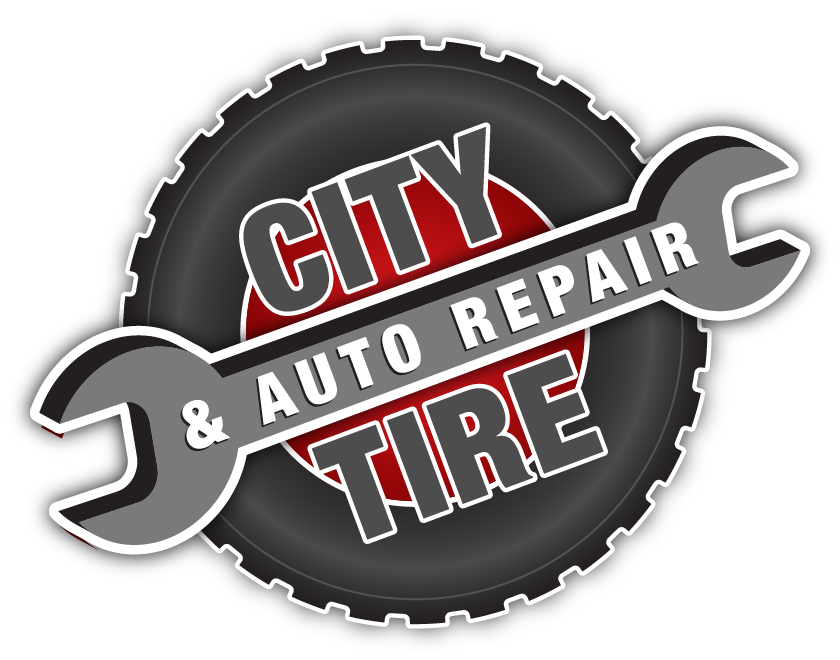Boost Your Adventure with Morris Tire: Premier Location for Tire Tracks Morris IL
The Environmental Benefits of Proper Tire Upkeep
Keeping correct tire care is commonly ignored, yet its influence on the environment is extensive. From decreasing fuel intake to reducing exhausts outcome, the benefits are significant. Proper tire upkeep not only expands the lifespan of tires yet also lowers landfill waste and adds to improved air top quality. The interconnectedness of these benefits highlights the critical function that straightforward maintenance techniques can play in promoting ecological sustainability.
Minimized Gas Consumption
Improving tire maintenance techniques can lead to a significant reduction in gas intake for vehicles. According to the U.S. Department of Power, underinflated tires can decrease gas mileage by 0.2% for every 1 psi decline in pressure in all 4 tires.
In addition to tire stress, normal tire turnings and placements additionally play an essential duty in fuel performance. Erratically worn tires can raise gas consumption as the engine functions harder to keep speed and traction. By preserving correct placement and rotating tires at suggested intervals, vehicle drivers can guarantee also extend the life and use of their tires, ultimately saving gas and decreasing their carbon footprint.
Extended Tire Lifespan
Extending the life expectancy of tires is a vital facet of effective automobile maintenance practices that can produce expense financial savings and ecological benefits over time. By correctly keeping tires, vehicle drivers can substantially lengthen their use, decreasing the frequency at which brand-new tires require to be manufactured and old ones gotten rid of. This not just preserves valuable resources yet also decreases the energy and discharges linked with tire manufacturing and disposal procedures.
Regularly examining tire stress, rotating tires, and making certain appropriate placement are necessary action in extending tire life expectancy. Ample step deepness is essential for ideal grip and security, however it additionally plays a role in the length of time tires can be made use of before needing substitute. Additionally, staying clear of aggressive driving habits that increase tire wear, such as extreme stopping and sharp turns, can further improve tire toughness.
Eventually, raising the long life of tires through positive maintenance not just benefits the environment by decreasing waste and saving sources however additionally causes cost savings for vehicle proprietors by postponing the requirement for new tire purchases.
Lower Exhausts Result
Effective tire maintenance practices add to a reduction in emissions output, lining up with environmental sustainability goals in the automobile market. By preserving optimal tire stress degrees, motorists can assist reduce these negative ecological impacts.
Furthermore, properly maintained tires also boost grip and reduce rolling resistance, additionally boosting fuel performance. This, in turn, lowers the amount of exhaust gases launched into the atmosphere. In addition, making certain tires are effectively inflated and aligned can extend the life-span of the tires, lowering the regularity of tire substitutes and the connected ecological prices of tire manufacturing and disposal.
Decreased Landfill Waste
Given the positive effect of appropriate tire maintenance on decreasing exhausts result, another significant ecological benefit is the capacity for reduced garbage dump waste. By guaranteeing that tires are correctly blown up, aligned, balanced, and revolved regularly, their lifespan can be considerably extended.

Improved Air Top Quality
Enhancing air high quality via proper tire upkeep practices is a vital aspect of lasting ecological stewardship. When tires are underinflated, they produce extra rolling resistance, causing increased gas consumption and greater emissions of unsafe contaminants such as carbon monoxide gas and nitrogen oxides. Correctly filled with air tires not only improve gas effectiveness yet also lower the quantity of toxins released into the air.
Furthermore, well-maintained tires with correct walk depth and placement add to safer motoring problems, reducing the possibility of crashes that can result in the release of extra contaminants right into the environment. By expanding the life expectancy of tires through normal upkeep and turning, fewer tires are thrown out prematurely, lowering the environmental influence of tire disposal and production processes.
Verdict
In final thought, appropriate tire maintenance offers countless ecological i loved this advantages. It is necessary for people to focus on tire maintenance as a simple yet reliable method to safeguard the environment for future generations.
Proper tire upkeep not only extends internet the lifespan of tires however also decreases land fill waste and adds to enhanced air quality - discount tires morris il. By preserving proper placement and turning tires at suggested intervals, drivers can make sure also prolong the life and wear of their tires, eventually saving gas and decreasing their carbon footprint
By effectively preserving tires, drivers can significantly lengthen their usability, reducing the frequency at which brand-new tires require to be produced and old ones disposed of.On a regular basis checking tire pressure, rotating tires, and making certain proper placement are important actions in expanding tire lifespan. Furthermore, making certain tires are properly pumped up and straightened can extend the life expectancy of view publisher site the tires, lowering the regularity of tire replacements and the connected ecological prices of tire manufacturing and disposal.